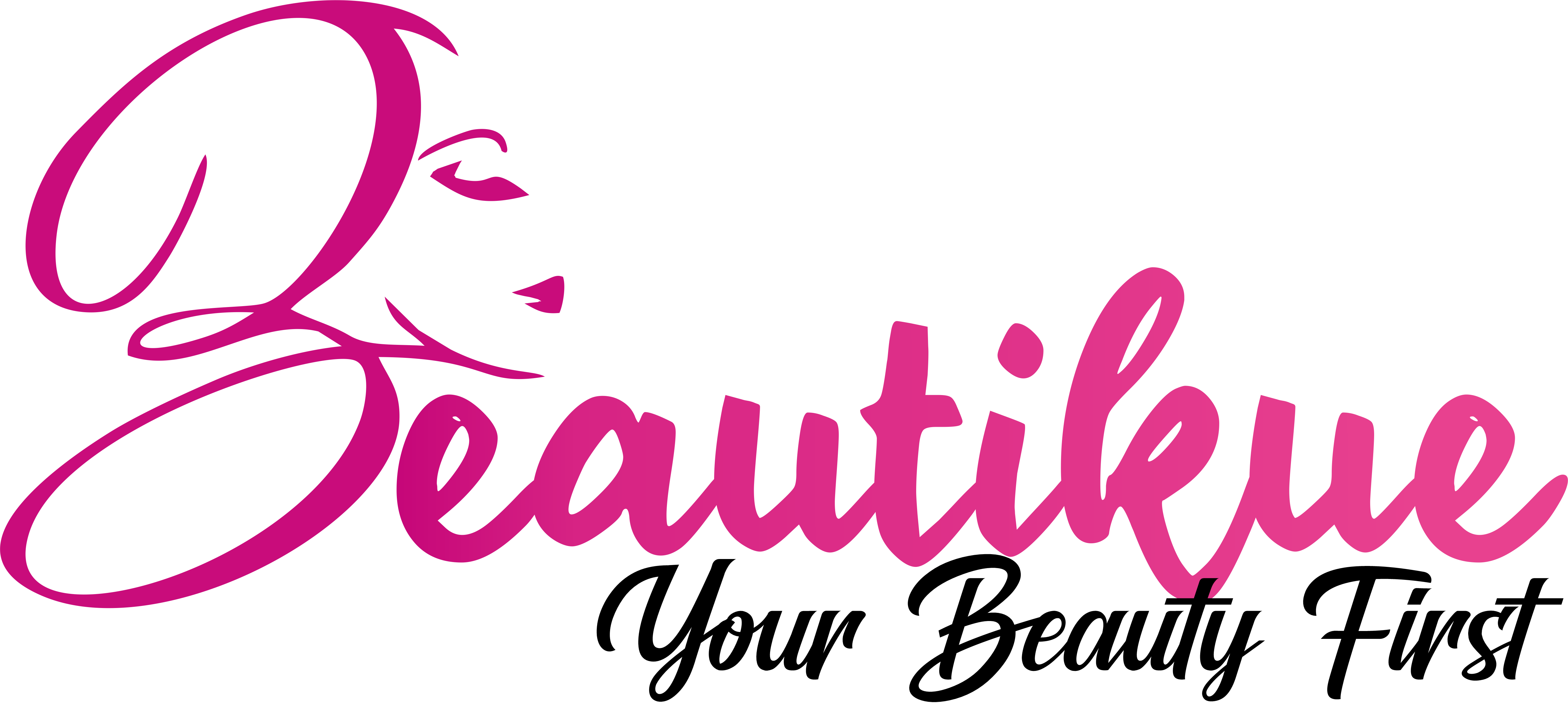If you’re struggling with scalp psoriasis or a scalp yeast infection, you know how uncomfortable and frustrating these conditions can be. The good news is that there are effective treatments available to help manage these scalp issues and promote a healthy scalp.
Scalp psoriasis is a chronic skin condition characterized by red, scaly patches on the scalp. It can cause itching, flaking, and discomfort. Scalp psoriasis treatment options include medicated shampoos, topical corticosteroids, and other prescription medications, such as a healthy scalp treatment. These treatments work to reduce inflammation, soothe the scalp, and manage the symptoms of scalp psoriasis.
On the other hand, scalp yeast infection, also known as seborrheic dermatitis, is a common condition caused by the overgrowth of yeast on the scalp. It can result in redness, greasy patches, and flaking. Scalp yeast infection treatment may involve antifungal shampoos, corticosteroid creams, or other prescribed medications. These treatments help to balance the scalp’s natural flora, reduce inflammation, and control the growth of yeast.
It’s important to consult with a healthcare professional or dermatologist for an accurate diagnosis and appropriate treatment plan for scalp psoriasis or scalp yeast infection. They can recommend the most suitable treatment options based on the severity of the condition and individual needs. In addition to medical treatments, maintaining good scalp hygiene, avoiding harsh hair products, and managing stress levels can also be beneficial in managing scalp psoriasis or scalp yeast infection. Regularly washing the hair and scalp with gentle, non-irritating shampoos, and keeping the scalp clean and moisturized can help alleviate discomfort and promote a healthy scalp.
In conclusion, scalp psoriasis and scalp yeast infection can be uncomfortable and bothersome conditions, but effective treatment options are available to manage their symptoms. Consulting with a healthcare professional and following a comprehensive treatment plan that may include medicated shampoos, topical medications, and good scalp hygiene practices can help alleviate the discomfort associated with these conditions and promote a healthier scalp.


